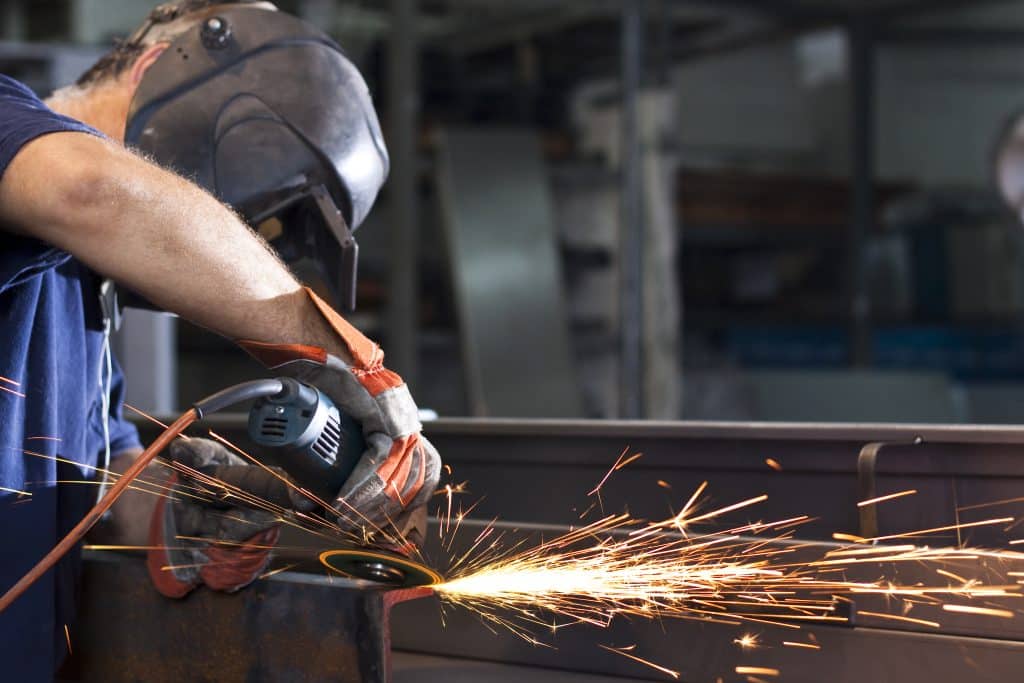Thermal Spray
How Chillers Improve the Productivity of Your Thermal Spray Equipment
If you’re not using thermal spray chillers, your output and productivity could be suffering. Chillers are key to effective thermal spraying. There are many chillers on the market to suit most companies, and what you’ll need will depend on the size of your company, output, and business needs.
If you’re looking to improve productivity, then thermal spray chillers will do just that. By cooling crucial components of your spray equipment, your machinery will work more efficiently. A chiller helps to avoid unnecessary interruptions to your operations, which can be costly and affect your productivity.
If you are still analyzing the benefits of chilling equipment, this article may help.
How Chillers Work
The temperature of a spray tip is key to creating consistent high-quality products. Controlling such high temperatures is impossible without a cooling system. With precise control, you can prevent damage to nozzles. Controllers allow you to program a chiller to be energy efficient and prevent damage to your machinery.
Thermal spray chillers work by delivering water to the nozzle, which provides a consistent temperature and pressure. This means that your finishes will also be consistent, leading to superior products.
Without a chiller, your thermal spray equipment can be susceptible to damage caused by overheating or over-cooling. Heat is a damaging byproduct of industrial processes that can lead to several issues.
These include equipment shutdown or failure and reduced productivity. You must remove heat to avoid unnecessary deterioration to machinery, which is exactly what a chiller does.
Although industrial machinery is becoming increasingly more efficient, failing to remove heat can cause substantial damage to both equipment and operations. A chiller works by simplifying processes. Unlike a single pass-through system, a chiller uses recirculation to minimize waste and water consumption.
Overheating and Overcooling
Overheating and overcooling are the biggest concerns when using thermal spray equipment. If a nozzle overheats, it can melt and need premature replacement. Replacing components can mean pauses to operations, which means a negative impact on productivity.
This is also true for complete equipment failure. If machinery fails and needs repairing or replacement, your production line will suffer. This can easily happen because of overheating, so avoiding it is paramount. If you want a reliable production line, you must implement changes to prevent temperature control issues.
Overcooling can be as damaging as overheating. You need consistent temperature and adequate control to avoid issues caused by overheating or overcooling. Overcooling can cause a nozzle to clog and become defective. This can also result from the surface material not receiving enough heat and causing the sprayer to operate incorrectly.
A chiller avoids both issues by ensuring that the temperature of the nozzle is always the same. Once you have a chiller that is programmed to work with a particular machine, you know that your equipment is operating effectively.
Safety
Aside from the positive attributes relating to productivity, a chiller can also mean that your equipment is safer. With high temperatures, the risk of injury to staff increases. Industrial machinery that isn’t cooled correctly can also cause damage to nearby property or equipment.
Although taking precautions to avoid injury to staff or damage to property is commonplace in the industry, mistakes can happen. If you introduce chillers into your working environment, you also introduce additional safety features and help to avoid preventable accidents.
If you care about your staff and your property, take every measure you can to protect them.
